venlafaxine for hot flashes
 Venlafaxine in management of hot flashes in survivors of breast cancer: a randomised controlled trial - The Lancet
Venlafaxine in management of hot flashes in survivors of breast cancer: a randomised controlled trial - The Lancet301 It moves permanently Menopause treatment with antidepressants What are antidepressants? Antidepressants are medicines that help treat symptoms of . Most impact a type of chemical called neurotransmitter. Neurotransmitters carry messages between brain cells. Despite their name, antidepressants can treat a variety of conditions in addition to depression. These include: Antidepressants may also help treat symptoms of menopause. Read more about the benefits of antidepressants for menopause. There are four main types of antidepressants: Antidepressants can provide relief from the vasomotor symptoms of menopause. Vasomotor symptoms involve blood vessels. They include things like: These are also some of the most common symptoms of menopause. Almost menopausal women experience these symptoms, she notes a 2014 study. Studies suggest that low doses of ISRS or SNRI can help reduce vasomotor symptoms, especially hot flashes and night sweats. For example, it was found that a low dose of venlafaxine SNRI (Effexor) worked almost as well as traditional hormonal therapy to reduce hot flashes. Another one in 2015 found that a low dose of SSRI paroxetine (Paxil) improved sleep quality in women who pass through menopause. The improved sleep of participants was due to less vasomotor symptoms during the night while taking paroxetine. The results of these trials are promising, but experts are still not sure why SSRI and SNRI reduce vasomotor symptoms. It may be related to your ability to balance norepinephrine and serotonin levels. Both neurotransmitters help stabilize the body's temperature. Note that antidepressants are only known to help with hot flashes and night sweats. If you are looking to treat other symptoms of menopause, hormonal therapy may be a more effective option. Antidepressants can cause a range of side effects. ISRS usually cause the lowest side effects. Your doctor might suggest trying this guy first. Common side effects on different types of antidepressants include: Tricyclic antidepressants, including, may cause additional side effects, such as: Antidepressant side effects also vary between medications, even within the same type of antidepressant. Work with your doctor to choose an antidepressant that provides the greatest benefit with the lowest side effects. Maybe you have to try a few before you find one that works. Antidepressants are generally safe. However, most of the antidepressants used for menopause symptoms are considered uses outside the label. This means that antidepressant manufacturers have not conducted the same rigorous tests to ensure safety and effectiveness when it comes to hot flashes and night sweat. There is a medication called by the United States Food and Drug Administration (FDA) specifically to treat vasomotor symptoms. It has been proven effective in reducing hot flashes and night sweats during menopause. Antidepressants may also interact with other medications, so make sure to tell your doctor about all the prescription and over-the-counter medication you take. This includes vitamins and supplements as well. You should also tell your doctor if you have: Your doctor may help you despite the benefits and risks of using antidepressants for menopause symptoms. Serotonin syndrome is a rare but serious condition that occurs when your serotonin levels are too high. It tends to occur when you use antidepressants, especially MAOIs, with other drugs, supplements or illicit drugs that increase your serotonin levels. Things that can interact with antidepressants and cause serotonin syndrome include: Find emergency medical treatment if you experience any of these side effects while taking antidepressants: Treating hot flashes and night sweats is one of the most popular uses outside the label of some antidepressants. Recently, the FDA approved the use of Brisdelle for these symptoms. Low doses of antidepressants often cause less side effects and reduce certain risks of hormonal therapy. However, antidepressants only help with certain symptoms of menopause. Work with your doctor to find out the most effective treatment option for your symptoms. Last medical review on June 19, 2018 Read this next series of words

PDF) Venlafaxine and desvenlafaxine in the management of menopausal hot flashes

Table 1 from Nonhormonal therapies for hot flashes in menopause. | Semantic Scholar
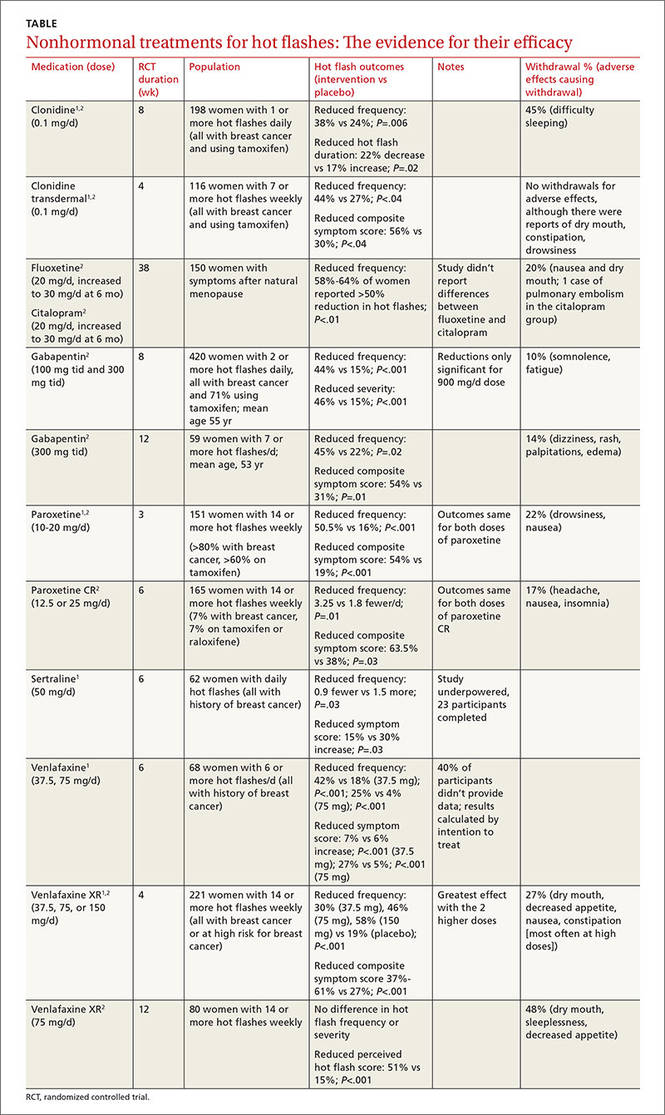
Which nonhormonal treatments are effective for hot flashes? | MDedge Family Medicine

Venlafaxine (Effexor) for Postmenopausal Hot Flushes

Efficacy of venlafaxine, medroxyprogesterone acetate, and cyproterone acetate for the treatment of vasomotor hot flushes in men taking gonadotropin-releasing hormone analogues for prostate cancer: a double-blind, randomised trial - The Lancet Oncology
Malaysia Pharmaceutical Society - Announcement

Current Best Treatments for Hot Flashes | Menopause Management
Malaysia Pharmaceutical Society - Announcement

Hormone Therapy and Other Treatments for Symptoms of Menopause - American Family Physician

Current Best Treatments for Hot Flashes | Menopause Management

Venlafaxine is superior to clonidine as treatment of hot flashes in breast cancer patients—a double-blind, randomized study - Annals of Oncology
![PDF] Acupuncture versus venlafaxine for the management of vasomotor symptoms in patients with hormone receptor-positive breast cancer: a randomized controlled trial. | Semantic Scholar PDF] Acupuncture versus venlafaxine for the management of vasomotor symptoms in patients with hormone receptor-positive breast cancer: a randomized controlled trial. | Semantic Scholar](https://d3i71xaburhd42.cloudfront.net/1ca48efd0056c6a51af7e66ec1259c5646d6783c/3-Figure2-1.png)
PDF] Acupuncture versus venlafaxine for the management of vasomotor symptoms in patients with hormone receptor-positive breast cancer: a randomized controlled trial. | Semantic Scholar

Changes in hot flash frequency from baseline for venlafaxine and... | Download Scientific Diagram
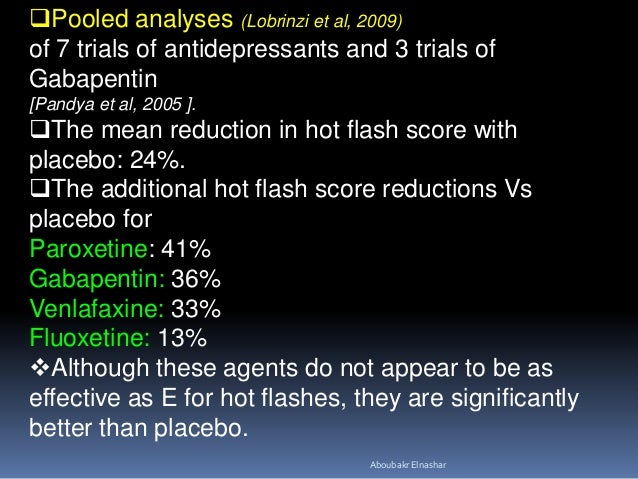
Treatment of hot flashes
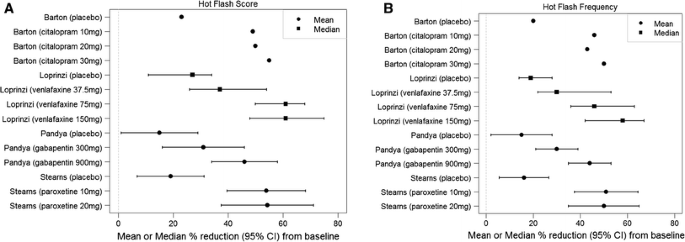
Informing hot flash treatment decisions for breast cancer survivors: a systematic review of randomized trials comparing active interventions | SpringerLink
Venlafaxine Hydrochloride for the Treatment of Hot Flashes
Effexor for hot flashes Effexor XR Extended-Release Capsules drug description - antidepressant drugs and medications

Menopause - The Lancet
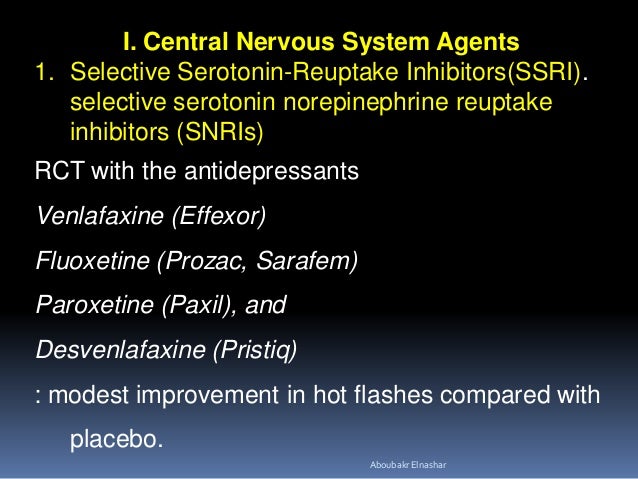
Treatment of hot flashes

Table 1 from State of the science: hot flashes and cancer. Part 2: management and future directions. | Semantic Scholar
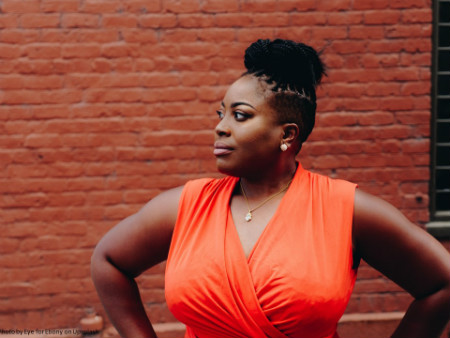
Venlafaxine: No Sexual Functioning Effects During Menopause
Venlafaxine er for hot flashes, venlafaxine er for hot flashes – Discount prices – SLSRECIPES

EFFEXOR (Venlafaxine): Treats Depression, Generalized Anxiety Disorder, Panic Disorder, Social Anxiety Disorder, and Sometimes Also Used To Treat Hot Flashes or Flushing: Anderson, James Lee: 9781511759571: Amazon.com: Books

Two Options To Reduce Hot Flashes | RxWiki
Redalyc.Venlafaxine and desvenlafaxine in the management of menopausal hot flashes
Clinical Trials Report
EXAMINING

A randomized crossover trial of venlafaxine (V) versus gabapentin (G) for hot flashes in breast cancer survivors Louise J Bordeleau 1, Olivera Jugovic. - ppt download
Sexual Function in Women on Estradiol or Venlafaxine for Hot Flushes

PDF) Informing hot flash treatment decisions for breast cancer survivors: a systematic review of randomized trial comparing active interventions

Newer antidepressants and gabapentin for hot flashes: an individual patient pooled analysis. | Semantic Scholar
Venlafaxine
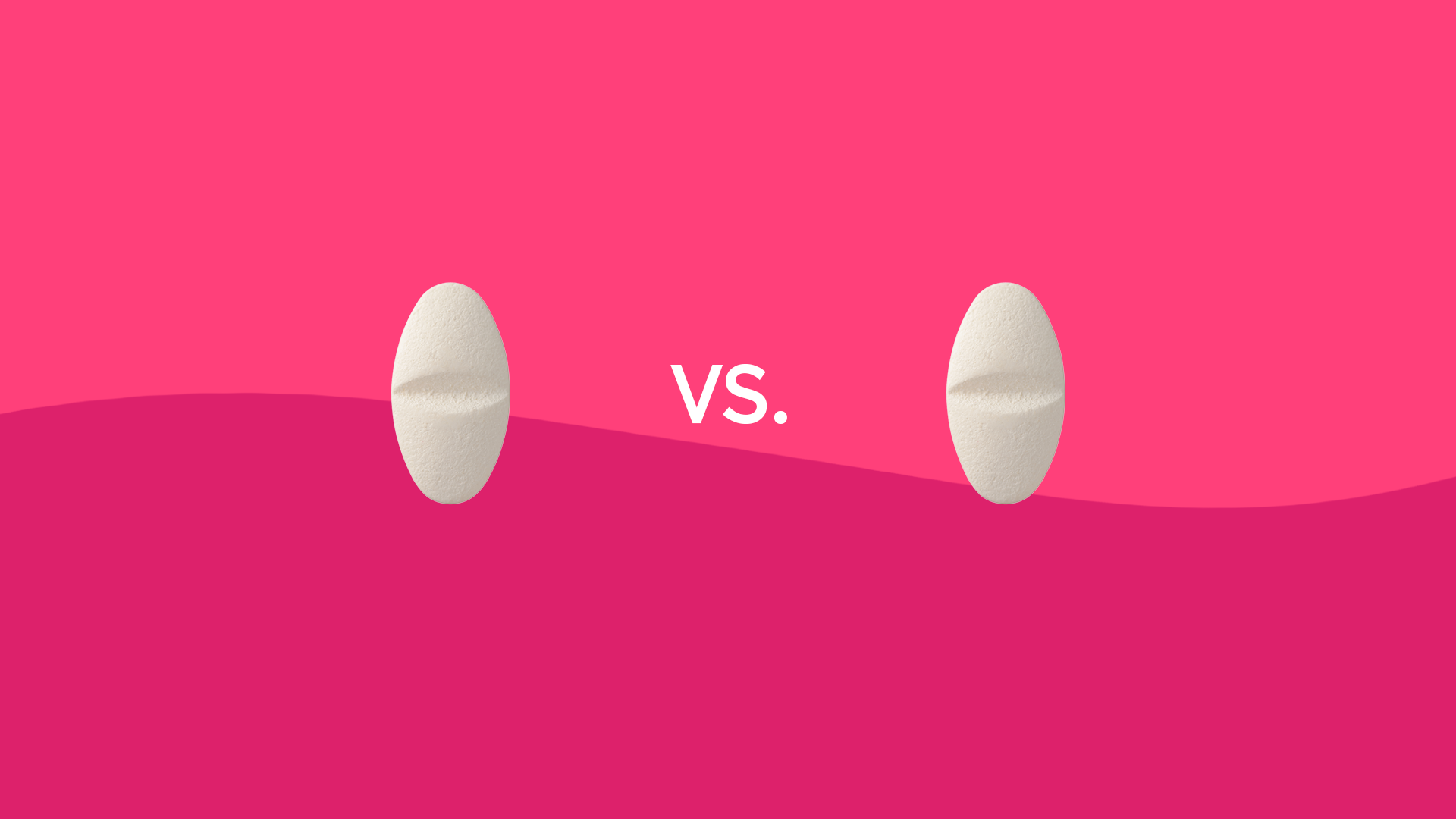
Effexor vs. Lexapro: Differences, similarities, and which is better for you

Practical clinical guidelines for assessing and managing menopausal symptoms after breast cancer - Annals of Oncology

Randomised controlled trial comparing hypnotherapy versus gabapentin for the treatment of hot flashes in breast cancer survivors: a pilot study | BMJ Open

Effexor Preferred over Neurontin for Hot Flashes Among Breast Cancer Survivors
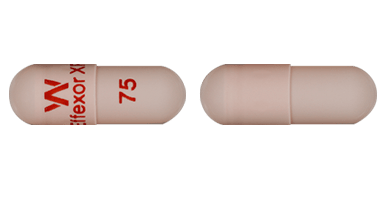
Effexor | Approved and Off-Label Uses, Dosages and Warnings
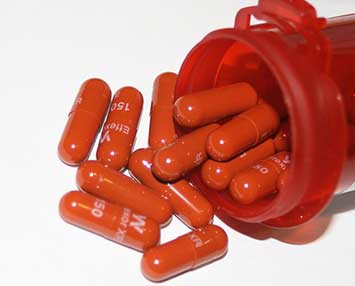
Fred Hutch researchers tackle hot flashes

Pathophysiology and Treatment of Hot Flashes - Mayo Clinic Proceedings
Posting Komentar untuk "venlafaxine for hot flashes"